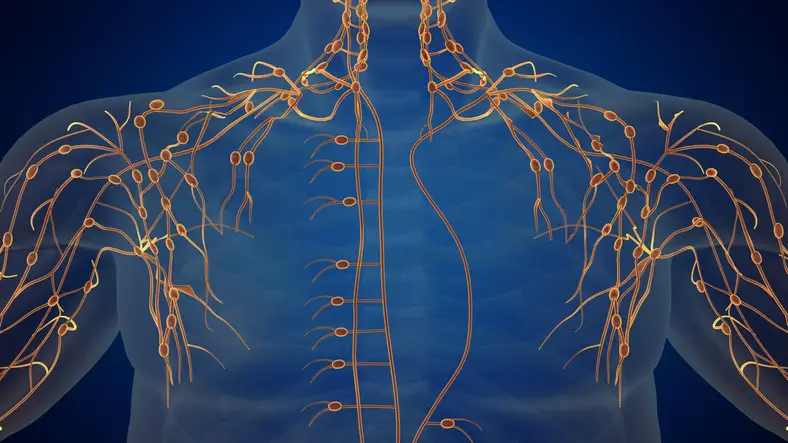March 6th marks World Lymphedema Day, an essential date in the calendar for shedding light on a condition that remains under-discussed despite its significant influence on the lives of many, particularly among cancer survivors. Lymphedema, characterized by swelling in one or more parts of the body, occurs when the lymphatic system is damaged or blocked — a common side effect of cancer treatments such as surgery and radiation therapy.
Among the various types of cancer, breast cancer patients are at the forefront of lymphedema risk, primarily due to treatments involving lymph node removal and radiation therapy. These procedures can disrupt the normal flow of the lymphatic system, leading to the accumulation of lymph fluid and, consequently, swelling. However, this risk is not confined to breast cancer alone; other cancers, including gynecological (ovarian, uterine, cervical), melanoma, prostate, bladder, and colorectal cancers, can also lead to lymphedema depending on the treatment approach and the area affected.
World Lymphedema Day was initiated by organizations and patient advocates, notably the Lymphatic Education & Research Network (LE&RN), to bring attention to the condition. The day aims to educate the public and healthcare professionals, support those affected, and advocate for research and better healthcare policies. It reflects a collective effort to recognize the challenges of living with lymphedema and to improve the quality of life for those affected.
The risk of developing lymphedema post-cancer treatment varies widely, influenced by the type and extent of the surgery, the number of lymph nodes removed, and the application of radiation therapy. Factors such as pre-existing health conditions can also play a significant role. The onset of lymphedema can profoundly affect a survivor’s quality of life, leading to discomfort, reduced mobility, and, in some cases, significant psychological distress.
If you are a cancer patient about to start treatment, consider asking your doctor these questions about your lymphedema risk management:
- What is my risk of developing lymphedema from my specific type of cancer treatment? Understanding your risk can help you and your healthcare provider make informed decisions about your treatment and lymphedema prevention strategies.
- What steps can I take to reduce my risk of lymphedema during and after treatment? There may be specific guidelines or practices that can help minimize your risk, such as gentle exercises, proper skin care, or avoiding certain activities.
- What are the early signs of lymphedema I should watch for? Being able to recognize the early symptoms of lymphedema can lead to prompt treatment, potentially reducing the severity of the condition.
- Who should I contact if I notice symptoms of lymphedema, and what will the treatment involve? Knowing whom to reach out to (e.g., your oncologist, a lymphedema therapist) and what treatment options are available can prepare you for swift action if needed.
- Are there resources or support groups available for patients dealing with lymphedema? Access to resources and support groups can provide additional information and comfort from those who understand your experience.
By asking these questions, you’re taking an important step toward proactive health management. Your healthcare team is there to support you, providing answers and guidance tailored to your specific situation. Remember, managing the risk of lymphedema is critical to your overall care, and being informed is the first step toward prevention.
Whether you’re navigating the initial stages of your cancer treatment or are in the midst of survivorship, understanding and addressing the risk of lymphedema is paramount. Your proactive approach towards your health can make a significant difference in your treatment experience and quality of life.
This World Lymphedema Day, empower yourself with the Outcomes4Me app, designed to support cancer patients and survivors in understanding and managing lymphedema. With personalized, evidence-based information, symptom tracking, and a supportive community, Outcomes4Me offers a comprehensive resource for navigating your health. Educate yourself on lymphedema risks, connect with others who share your experiences, and advocate for your care, all in one place.




